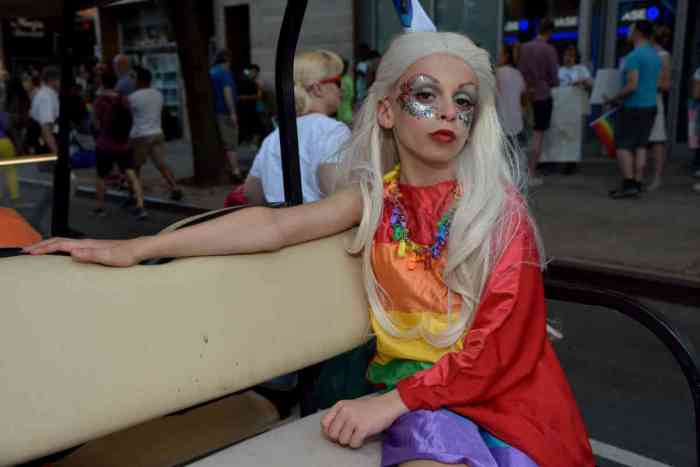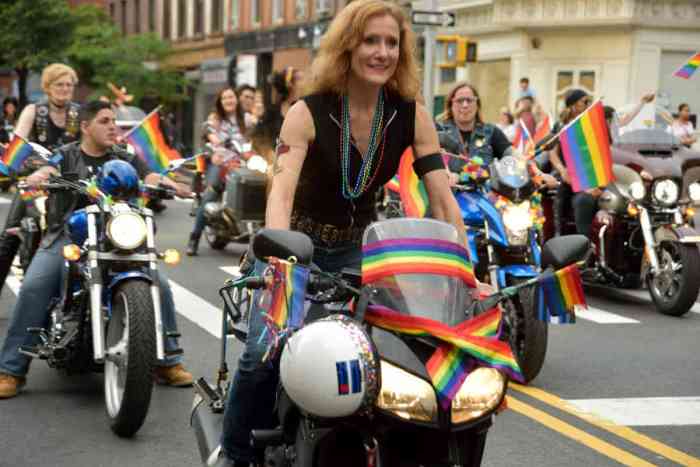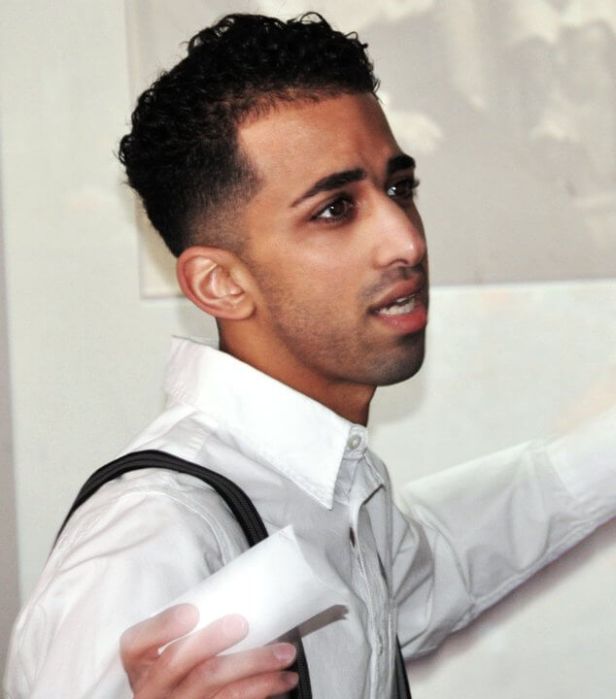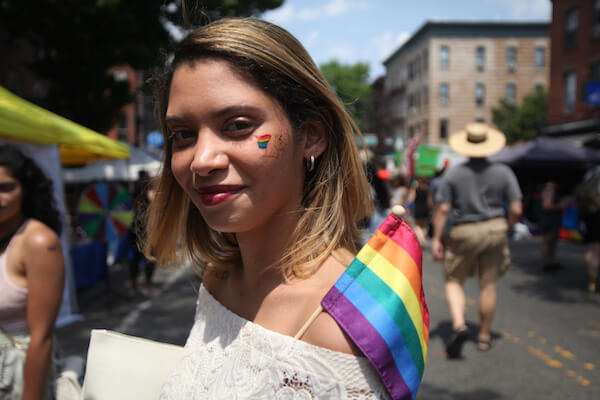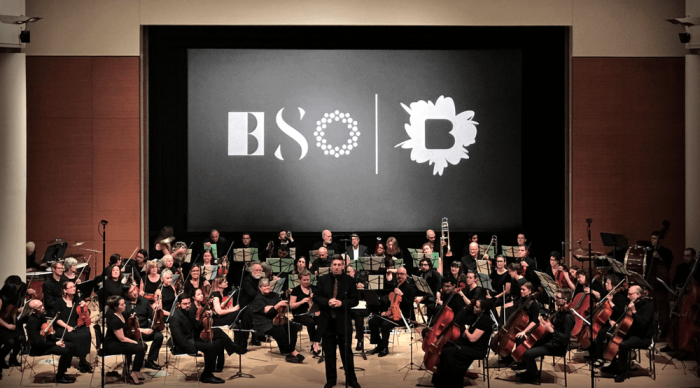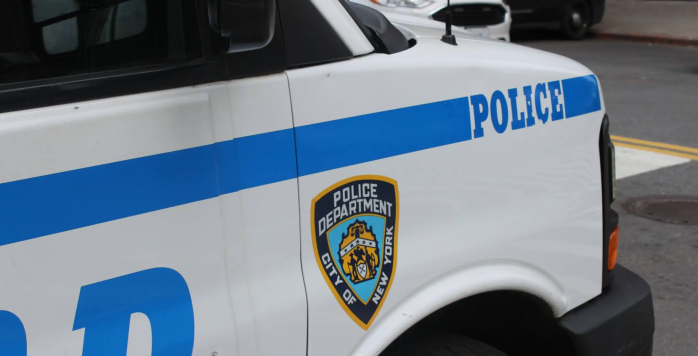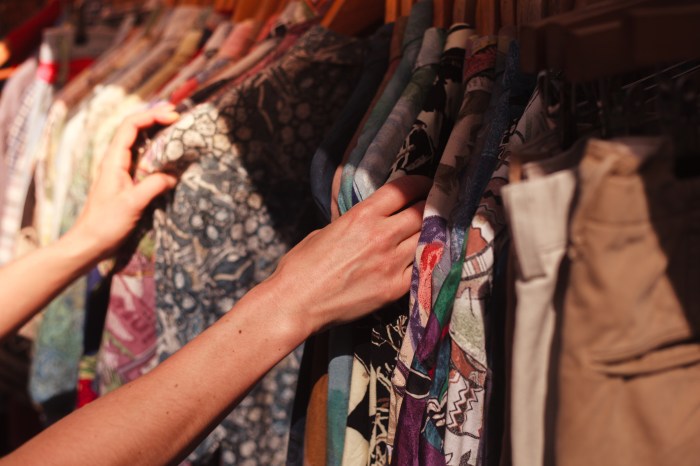Officers from the NYPD guarding the LGBT Community Center on Sunday. | CHRISTOPHER MURRAY
Like many of you reading this, I awoke this Sunday morning, fired up the computer, and read about a shooting overnight at a gay bar called Pulse in Orlando. As I made the coffee and fed the cat, the estimates of the deaths rose from 20 to 50 and details about the shooter begin to dribble out online in the now all-too-familiar rhythm of gun violence tragedies in this country.
If you’re anything like me, all these shootings feel like they hit close to home and some completely undo me. This most recent is one of those. So was the 2012 Sandy Hook school shooting in Connecticut. One of the young victims was the irrepressibly joyous younger son of my lifelong best friend from high school.
As the aftermath of that shooting rolled out, each detail more horrifying than the next — a Shakespearean tragedy of trauma, unaddressed mental health issues, and indefensible political maneuvering — I faced two major hurdles:
The first was accepting that it had actually happened. Never before in my life had I experienced such an intense feeling of disassociation — that bizarre unlinking that can occur in our minds and hearts when reality is just too unbearable. Could this really have happened? It took me several weeks to accept that it had, that this wonderful little boy that I had shared chocolate chip pancakes with a few months before was gone, that his brother and parents were starting a nightmare rollercoaster ride that would change their lives forever.
The second issue I faced: What should I do? What kind of response can I make that will be meaningful. That I can bear? That might possibly do some good?
And now here I am again facing the inconceivable. Just the previous evening, I was eating nachos and cracking wise at a noisy sports bar on Fifth Avenue in Park Slope with pals from the Lambda Independent Democrats at their annual pre-parade event as part of Brooklyn Pride. And now I was confronting the events of a shooting at a gay club.
It pains me to know that today dozens of families are beginning that same awful, awful journey that my high school buddy traveled down. My heart goes out to them.
And yet I am still faced with this twin conundrum. How to take care of myself and others in the face of such regular gun violence and the reality of attacks against my own queer community?
So, I want to open up this conversation amongst Gay City News’ readership to help us find the most healing and most impactful way to respond to this latest tragedy that hits our community so close to home in this Pride Month.
In the comment section below this article, tell us:
How do you cope with such events when they occur?
What do you think you’ve done that has helped you and others?
What do you see yourself struggling with emotionally?
Do you shut down and stuff your feelings down? Or are you inconsolable?
Do you see others responding emotionally in a way you wish you could?
And what do you think are the best ways to respond as an individual and as a community in action? What types of advocacy may be most impactful? Is posting your feelings or calls to action on Facebook or other social media sites useful or just shouting into the wind?
At least three vigils – two in the West Village, one in Jackson Heights – took place Sunday evening, less than 12 hours after the community began to absorb the tragic news out of Orlando. What type of activism matters? Donations to the Anti-Violence Project? Calling one’s congressperson? What have you done as an activist? What do you wish you had done in previous situations? What most frustrates or frightens you about how “stuck” we seem as a nation in the face of gun violence and homophobic attacks?
As we move through the rest of this Pride Month, let’s try to do what we can do to take care of ourselves, each other, and our whole community that is suffering – in Orlando and well beyond.
And let’s try as well to understand the nature of our own responses and how to match compassion with action to lessen the likelihood of finding ourselves waking up into another nightmare again soon.
Christopher Murray, LCSW-R, is a contributing writer to Gay City News and a psychotherapist in private practice in Greenwich Village He can be reached at christophermurray.org.




























